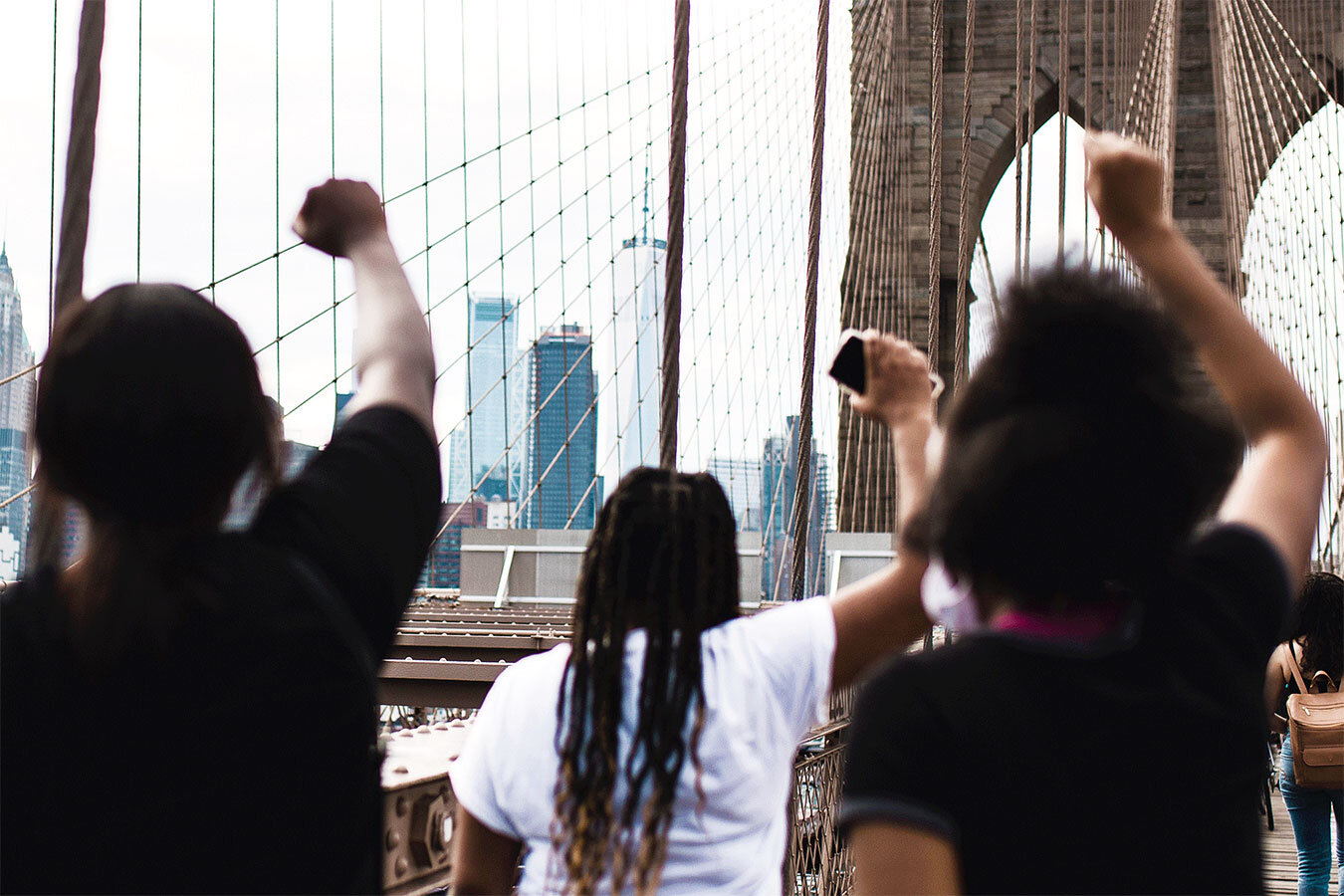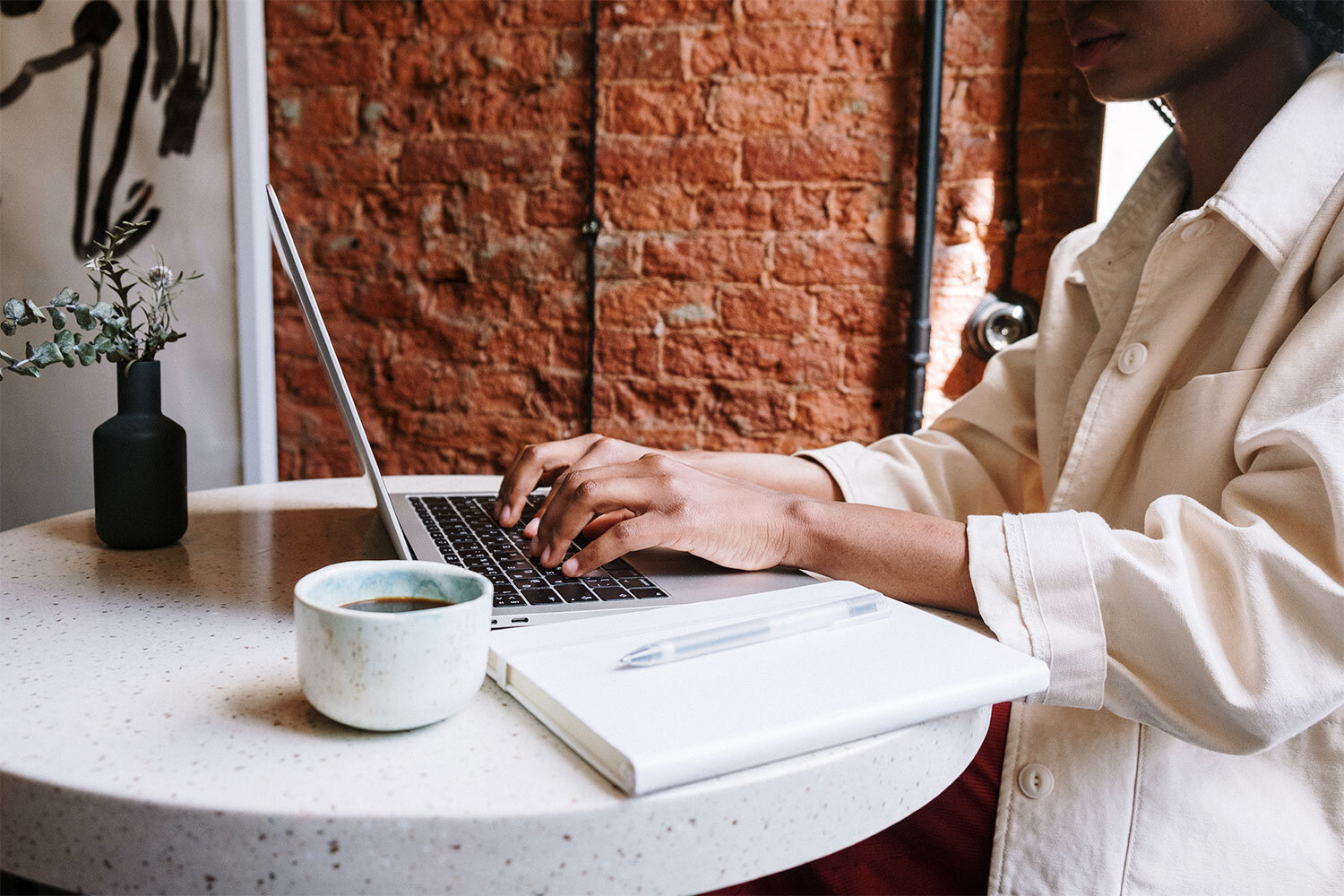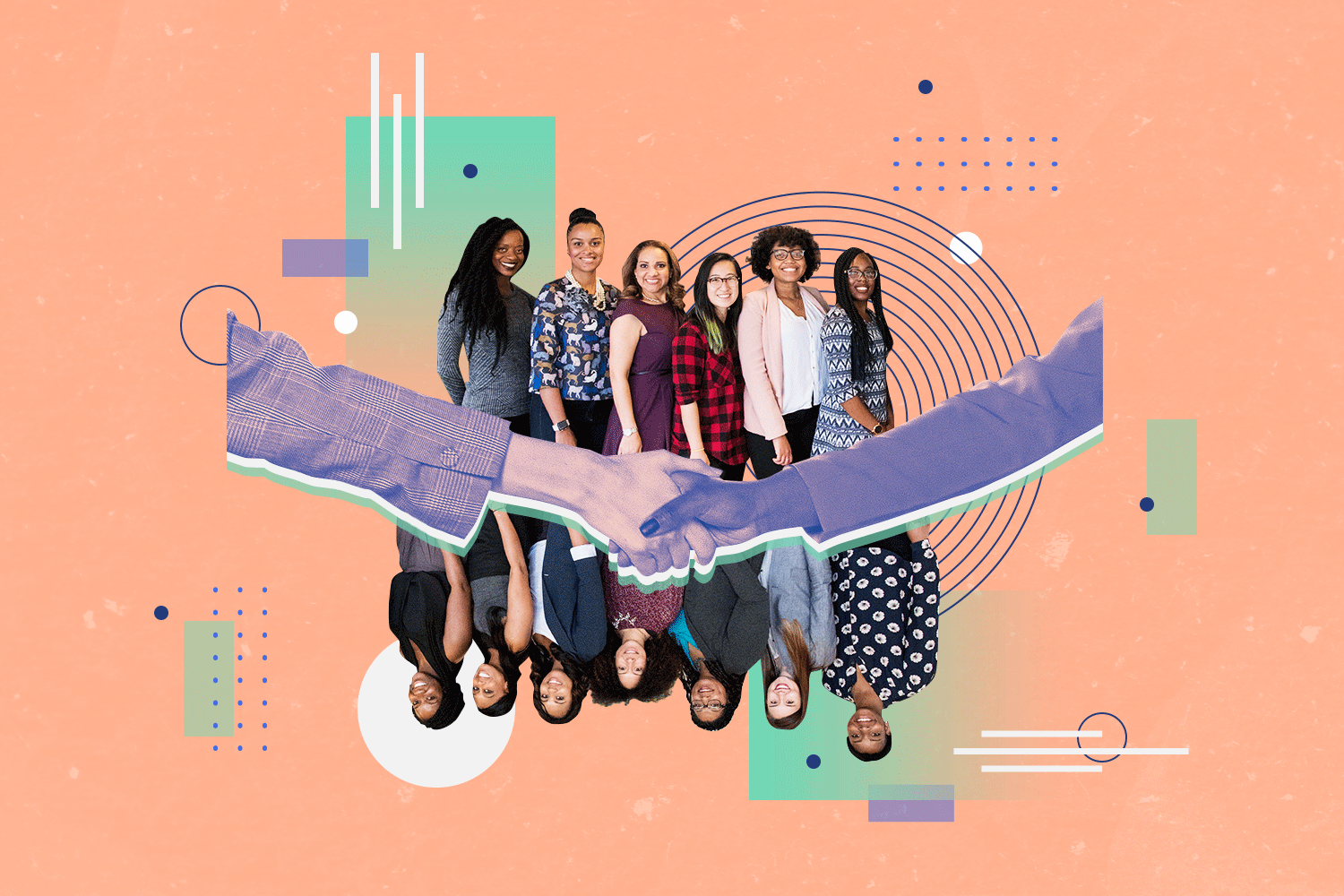Equity and Justice in the Age of Global Pandemic and Protest
By: Jacqueline M. Ebanks, Executive Director of the New York City Commission on Gender Equity
In March, I called my 90-year-old aunt to ask if she had ever witnessed the complete closure of our economy to “flatten the curve.” Thirty years her junior, I had no context for the new realities that COVID-19 presented. I desperately needed perspective, and she had none to offer. I also had none to offer my three daughters, who are in their mid-to-late 20s. We were all going to go through this together — for the first time.
These new realities laid bare the deep inequities and resulting disparities on which American society is built, even in New York City, which is arguably the most progressive city in the nation.
The inequities and disparities were stunning, but not surprising. We had seen them before.
Communities of color were the hardest hit by the virus, with death rates in the black and immigrant communities some two and three times higher than that of white communities.
Women and men of color made up the majority of the essential workforce, risking their lives every day to keep our communities running.
Women lost their jobs at a higher rate than men, as their jobs were concentrated in industries most impacted by the economic shutdown.
Child care responsibilities increased, and women typically bore the brunt of that work.
Some women found themselves going through labor and delivery alone.
The homeless were uniquely vulnerable.
In May, we learned of the murders of Ahmaud Arbery and Breonna Taylor, and we witnessed the murder of George Floyd. Civil protest erupted; the demand for equity increased. As people marched, we marveled at the glorious multiculturalism on display throughout the United States—cities and small towns alike—standing together because #BlackLivesMatter. We became inspired by the diversity of voices reflected in social media, representing all genders, ages, faiths and income levels.
For far too long, the ill effects of racism, sexism, ageism and other forms of discrimination have denied America the opportunity to reach its full potential.
Quite unexpectedly, the movement became global, as protests across the world were ignited, joining the cry for EQUITY and JUSTICE.
This cry is not new. It was the cry heard when black Americans marched for civil rights, and when African and Caribbean nations broke free from the bonds of colonialism to secure their rights as independent, self-governing nations. It was the cry heard in 1776, when Americans demanded their independence from Britain in an effort to “form a more perfect union.”
With a clear rally cry, the protestors of this generation marched, while wearing masks. They demanded that we create a new world. For me, this “new world,” this “more perfect union,” is one in which all peoples, regardless of race or ethnicity, gender identity or expression, sexual orientation or immigration status have the opportunity to live healthy, safe and economically secure lives.
As an advocate for economic, gender and racial justice, I am excited to see discourse move beyond a single-issue solution to demand broad, systemic change. For far too long, the ill effects of racism, sexism, ageism and other forms of discrimination have denied America the opportunity to reach its full potential. Despite the aspirational words of the Declaration of Independence and the Constitution, we know that these divisions were sown into America’s foundation. Yet, marginalized populations fought “tooth and nail” to bring us to this transformational moment.
Can this generation begin to weave the multicultural, multigenerational, gender-inclusive tapestry of equality for ALL? Will we support each other in these critical ways?
Educating ourselves
Operating with integrity
Accepting the call of leadership
Rejecting hatred
Hearing each other
Choosing to build systems of transparency
Honoring nature
Respecting lives, and rejecting guns and other forms of violence
Providing an equal and rigorous education to all peoples
Developing and maintaining a police system that protects and serves all peoples
Transforming our criminal justice system
Paying all workers living and equitable wages
Ending voter suppression
Showing up to vote EVERY SINGLE time we are called to do so
Building a sustainable democracy IS hard work, and we cannot succeed without the active engagement of all citizens, at all times. As Martin Luther King, Jr. said, “Change does not roll in on the wheels of inevitability, but comes through continuous struggle.”
Now, it is our turn to rise and meet this moment. It is our turn to break the bonds of complacency and complicity, to add our voices to advance equity and justice in our city, nation and world.
As my aunt, daughters and I bear witness to these events from our different points of view, we can all agree on one issue. It is our turn to dig deep and to raise our voices to build this new America. It is a long journey.
Jacqueline M. Ebanks, Executive Director of the New York City Commission on Gender Equity
Jacqueline M. Ebanks was appointed, by Mayor Bill de Blasio in August 2017, as Executive Director of the New York City Commission on Gender Equity (CGE). CGE works across City agencies to break down institutional barriers to equity for all New Yorkers regardless of gender identity, gender expression or background.
An innovative manager and policy maker with extensive experience in philanthropy and the non-profit sector, Jacqueline has worked for over three decades to promote economic and social justice for women, girls and marginalized communities. She has served as Executive Director of the Women’s City Club of New York; Vice President of Programs at the New York Women’s Foundation; Vice President and Director of U.S. Partnerships and Program Development and Northeast Regional Community Relations Director at Citigroup; and Vice President for Community Investment at United Way of New York City.
Jacqueline holds a M.S. in Policy Analysis and Public Management from SUNY Stony Brook.
Content may not be reproduced without permission of Women of Color in Fundraising and Philanthropy.®





